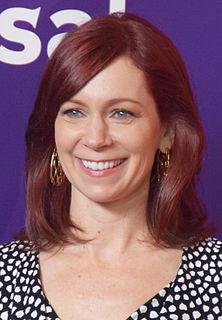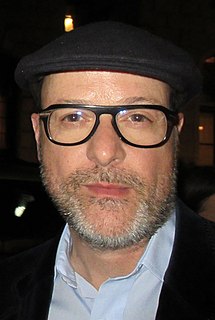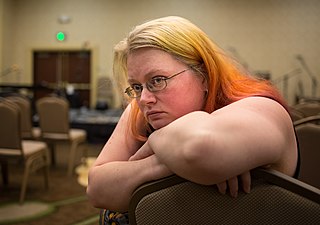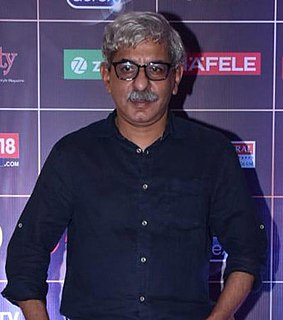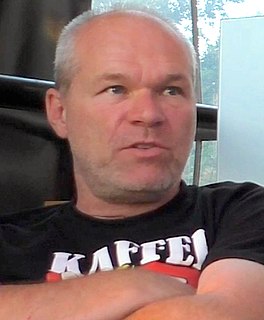A Quote by Jay Roach
You could get in rehearsals, pre-production, anything that would actually contribute to the understanding of how a film gets made. I actually find those things increase people's interest in a movie and like that better than worrying about showing the tricks behind the curtain.
Related Quotes
I kind of joke with myself that you shouldn't be able to be a creative producer if you weren't a first AD. Because it is such fantastic training for really understanding what everyone does, and how the movie actually gets made. You have to know if you're the first you're kind of the set general, you're at the director's right hand, you know everything about how a director puts a movie together, you know everything about how a movie gets made.
I just enjoy the filmmaking side of things. I feel like when you're an actor, sometimes you're in other people's hands and they're in charge of your creative life. Whereas with my production company, I'm the one that gets to make those choices for how I'm gonna spend my time and what content I'm going to be creating. I definitely learn a lot, especially about acting, by producing and directing and seeing how it all comes together, and seeing the other side of things, appreciating what goes into pre- and post-production, and all those things you don't see when you're an actor.
Sometimes I watch films that I can't believe got made. Especially because I read scripts that are truly incredible, that will never get made. I don't know who is behind those decisions. It's like you just have to doodle something on a page about the underdog who finally gets the girl and the film gets made.
Remember how pissed you got when we had to do all that reading about the Rising back in sixth grade? I thought you were going to get us both expelled. You said the only way things could've gotten as bad as they did was if people were willing to take the first easy answer they could find and cling to it, rather than doing anything as complicated as actually thinking.
Making movies has not only been an incredibly collaborative process but there's three big parts: pre-production, shooting itself and then post-production, which leads into marketing. And if you're passionate about the movie and you believe in it, and it would make sense that you are having done it, then you want to get out and promote it. It makes it a lot easier when the film is good and people are enjoying it.
The Cable Guy was underbudgeted, so it was always a debate about whether we could have more days or certain things that we needed, because the budget was determined before the script was written. So that made it a hard production on everybody. But it's also a funny thing, because it's one of those movies that cost $40 million to make and made $100 million around the world, but at the time, it seemed like a disaster that it didn't make hundreds of millions of dollars, because Jim was on such a tear. But it was actually a successful movie.
Only one time in my career I had that feeling [that this is not gonna get made], it was for this movie [Life of Pi]. It was right before we started the physical pre-production. I pre-visualized the whole ocean part before we made the movie, I was that prepared. At one point they seemed to want to drop it because it was really risky. The budget we proposed was a lot higher than they expected, they wanted to [drop it]. After all, it's a philosophical book and a literature property, it's not Batman.
Once we actually have the production script after many rewrites, at that point is when I start to decide what the look and colors will be. I work like a painter, even though I'm working in three dimensions. I'm working with chairs. I'm working with walls. But even things like the floor or the walls that people might think are not important, they actually do influence the visual look of the film. These are also things that I have to think about.
I realized doing this work, identifying either issues or challenges or thinking about opportunities to actually impact people's lives, I could actually make things better, and bringing people around the table for solutions was something I liked doing and was actually something I was able to do fairly well.


